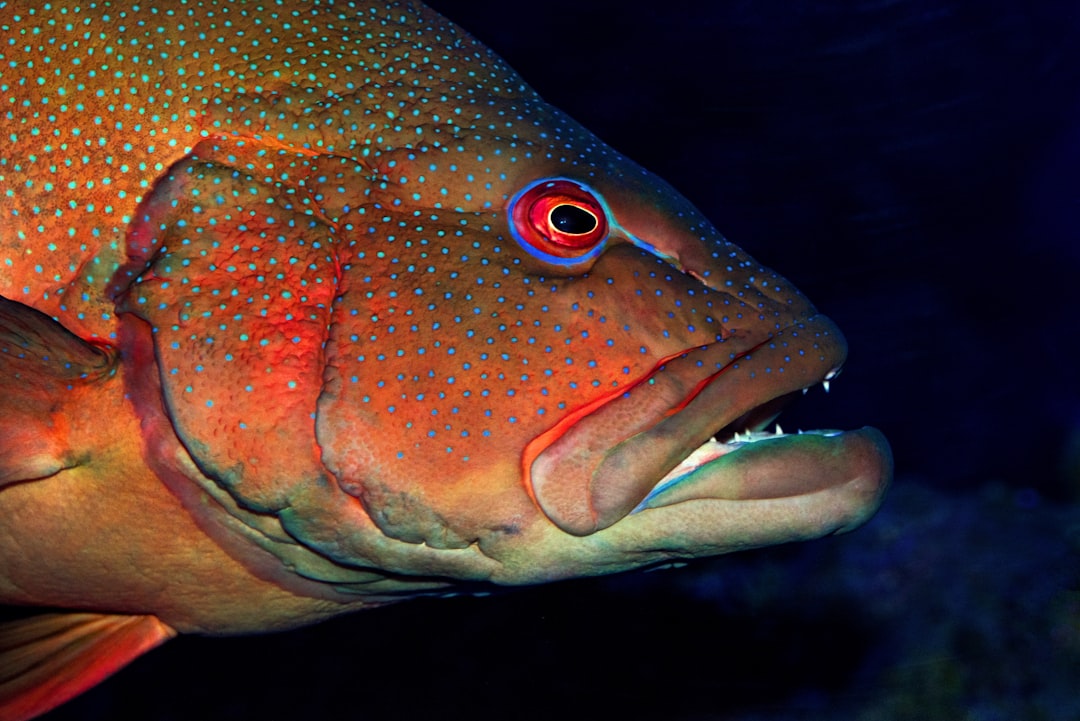What is it about?
Cholera has caused seven pandemics and continues to affect 3-5 million people annually worldwide. The disease is caused when bacteria enters orally and colonizes the intestine, eventually producing toxins that cause diarrhea and dehydration. We have developed a vaccine candidate using a novel technique which is protective against colonization in adult rabbit model. Additionally, an infant rabbit model, that were protected from cholera when their mothers were immunized during pregnancy, has been developed in this study which fills a crucial gap in studying the pre-clinical efficacy of cholera vaccine candidates.
Featured Image

Photo by Diana Polekhina on Unsplash
Why is it important?
Current cholera vaccines elicit poor immune response in children under the age of 5. The need for an effective cholera vaccine is pertinent for all age groups as the disease continues to be a cause for 21,000 to 143,000 deaths annually. This preclinical study delves into the rabbit models (adult and infant) potentially overcoming hurdles in cholera vaccine development. By employing Multiepitope fusion antigen technique the study develops a cholera vaccine candidate protective against four strains of cholera, three of which have been attributed to cholera epidemics.
Perspectives
This publication has a lot of potential for enriching future research in this field. The study brings into evidence the animal protection models for the cholera vaccine candidate developed which may be an advancement for all enteric disease studies.
Ipshita Upadhyay
University of Illinois System
Read the Original
This page is a summary of: Antibodies induced by enterotoxigenic Escherichia coli (ETEC) adhesin major structural subunit and minor tip adhesin subunit equivalently inhibit bacteria adherence in vitro, PLoS ONE, May 2019, PLOS,
DOI: 10.1371/journal.pone.0216076.
You can read the full text:
Resources
Contributors
The following have contributed to this page










